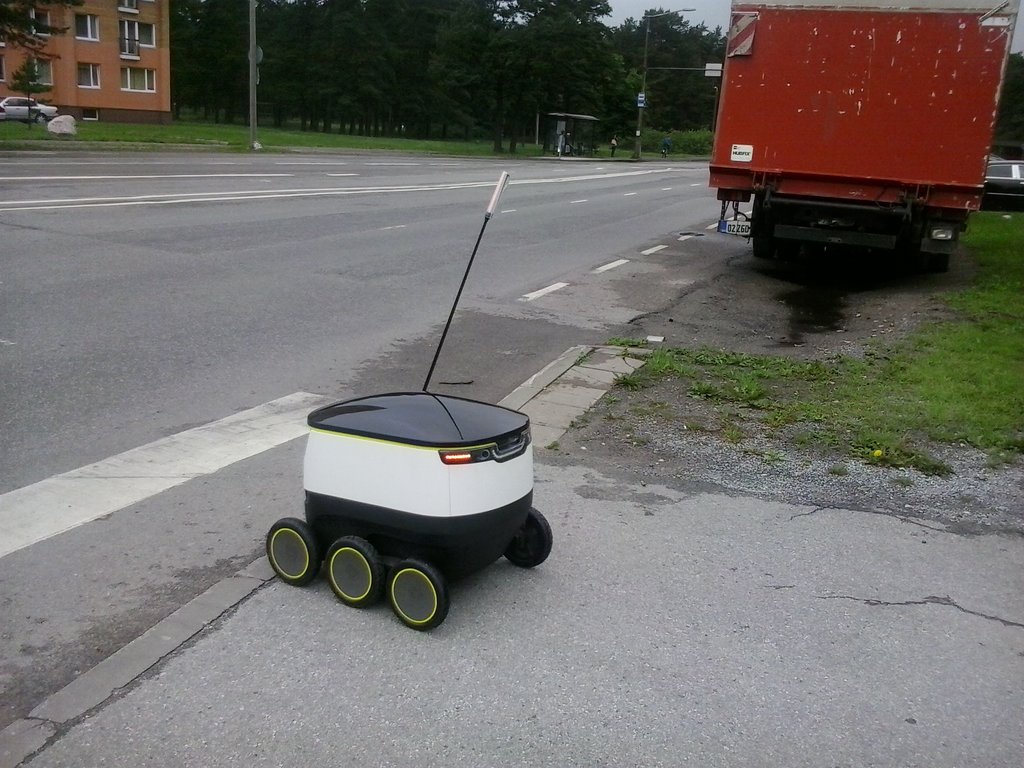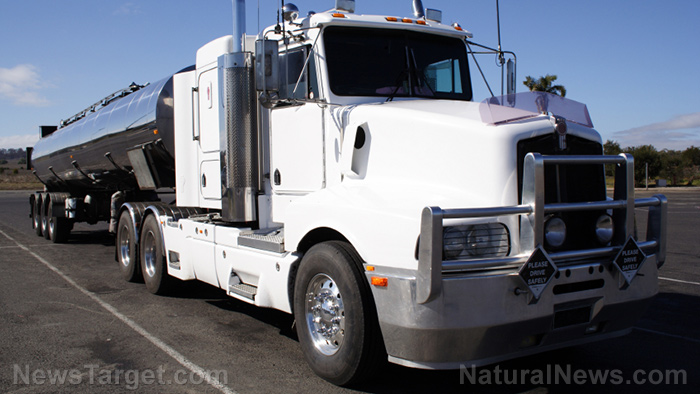
In their latest round of merger talks, Grubhub rejected Uber’s offer of 1.9 of the latter’s shares for one of its shares, stating that the value was too low. In response, Uber CEO Dara Khosrowshahi said that he was looking to increase the offer to 1.925 Uber shares per Grubhub share. However, that number was still below the 2.15 Uber shares per Grubhub share that the latter’s CEO Matt Maloney wanted.
As of Friday, Grubhub shares closed at $54.97 per share, having surged on news of the possible merger, while Uber’s shares closed at $32.47. A ratio of 1.925 Uber shares per Grubhub share, based on Khosrowshahi’s projected offer, would put Grubhub’s value at about $62.50 a share, or $6 billion. A ratio of 2.15 to one, on the other hand, would value Grubhub at $69.81 a share or $6.8 billion.
A merger in the time of Wuhan coronavirus
Uber’s move to merge with Grubhub, combining it with their own Uber Eats food-delivery unit, makes a lot of sense in the context of the ongoing coronavirus pandemic. In the face of social distancing and stay-at-home measures that may keep them from going to restaurants, food-delivery services allow people to still order the food that they crave.
The boom in food-delivery has also triggered a desire for many of its main players, such as Uber Eats and Grubhub, to consolidate to increase their overall market share. In addition to Uber, European food-delivery players Delivery Hero SE and Just Eat Takeaway.com have also mulled potential Grubhub bids. For now, however, Uber appears to be in pole position.
Should the merger take place, Grubhub looks to gain from Uber’s more sophisticated logistics and routing platform. By using the latter, Grubhub can potentially save up to $3 on each of the orders it delivers itself, which amount to about half of its more than 500,000 daily deliveries. The restaurants themselves deliver Grubhub’s orders while Uber drivers deliver almost everything.
Meanwhile, Uber stands to gain by strengthening its food-delivery business -- a bright spot for the company during the pandemic as demand for ridesharing plummets. The company looks to benefit from Grubhub’s expertise in building out new markets and forging relationships with small- and medium-sized restaurants.
Even if the merger does push through, however, it would still have to pass regulatory muster as it would create a dominant player in the food-delivery space for the first time in years.
A question of profits
Amidst all the talk of mergers and share prices, a dark cloud continues to hang over both companies and the industry in general -- the question of whether or not the industry is actually making money for its investors.
When Uber posted its 2019 earnings back in February, the San Francisco, California, based company stated that it had lost $8.5 billion during that year alone -- the same year it had its initial public offering (IPO). Uber, alongside its main ridesharing rival Lyft, set records for the amount of money lost in the run-up to an IPO. (Related: “Unicorn” tech company UBER fires 3,500 people on 3-minute phone call, horrifying millennials.)
Even as pressure mounts from investors for the company to turn up a profit, Uber continues to bleed money. In fact, when it first unveiled its IPO last year, the company admitted that it might never actually do so.
Things don’t look much better in the food-delivery side of the business either. Last October, not only did Grubhub announce disappointing quarterly results, it stated that food-delivery was only a means to an end and was unlikely to ever be profitable.
More troubling, however, is the fact that these companies and their rivals continue to spend more venture capital money in an effort to take larger slices of an increasingly overcrowded pie.
Losing money to make money
A recent story about how a pizzeria owner abused DoorDash’s system to make a profit sheds new light on how much companies like it are willing to lose just to bloat their numbers and lure in investors. In a post in his newsletter, The Margins, content strategist Ranjan Roy detailed how a friend of his who owns a few pizza restaurants gamed Doordash’s system.
It all started when Roy’s pizzeria owning friend realized that DoorDash suddenly offered a delivery option for his restaurants without informing him. More importantly, he noted that DoorDash was selling his pizzas for only $16, when in fact, he actually charged $24 per pie. Taking advantage of this, he used DoorDash to order pizzas from his own stores, which earned him an additional $8 per pie.
While the pizzeria owner was surprised that this actually worked, Roy pointed out that, given the company’s recent injection of venture capital, DoorDash would be happy to lose that money.
“Given their recent obscene fundraise, they would weirdly enough be happy to lose that money. Some regional director would be able to show top-line revenue growth while some accounting line-item, somewhere, would not match up, but the company was already losing hundreds of millions of dollars,” wrote Roy. “I imagined their systems might even be built to discourage catching these mistakes because it would detract, or at a minimum distract, from top-line revenue.”
Later in the same piece, Roy writes that DoorDash lost $450 million generating $900 million in investment revenue last year.
“You have insanely large pools of capital creating an incredibly inefficient money-losing business model,” he explained. “It’s used to subsidize an untenable customer expectation. You leverage a broken workforce to minimize your genuine labor expenses.”
Roy goes on to ask whether this business model, one that sees companies “unload their capital cannons on customer acquisition,” is viable, especially when it seems to lead to monopolization, as evidence by the ongoing Uber and Grubhub merger.
The answer to Roy’s question isn’t clear; what is clear is how these businesses have gone very far from the old ways. Thanks to venture capital, it looks like some businesses no longer have to actually make any money to survive. Companies such as DoorDash and Uber have been, in Roy’s words, “subsidized into market dominance.” At the end of the day, it seems that the only real losers are the investors who continue to pump money into these companies.
Sources include:
Please contact us for more information.























